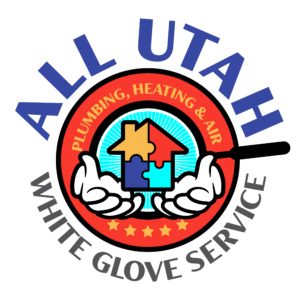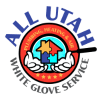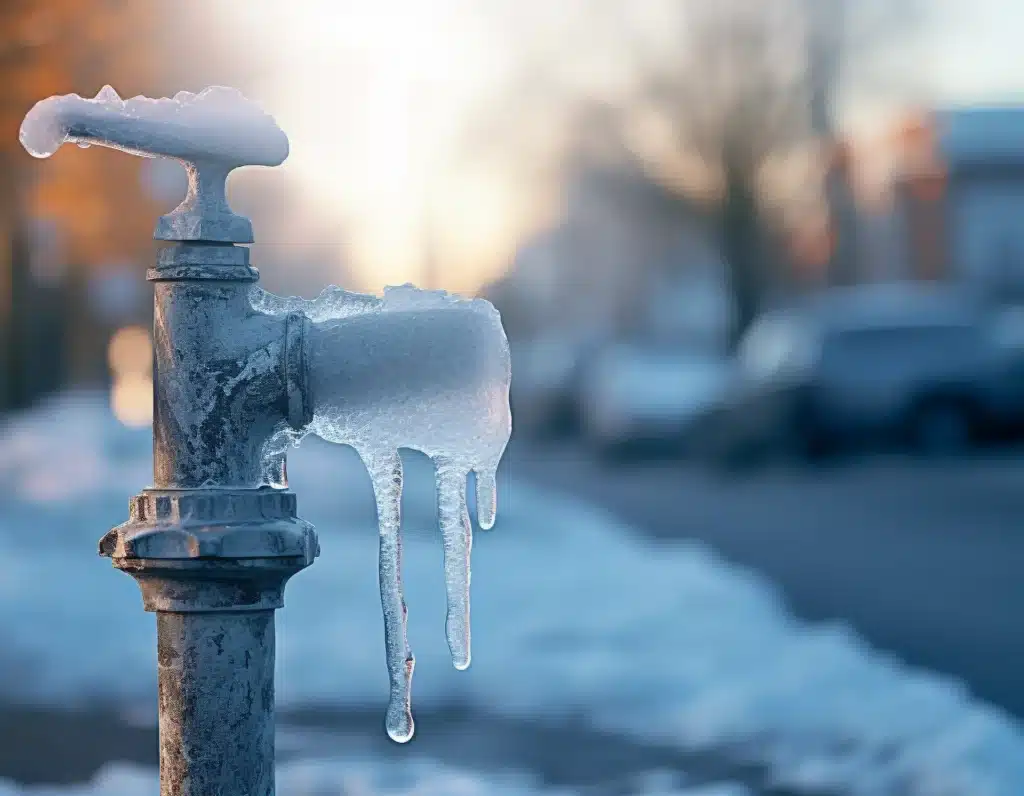Utah winters can be brutal, with temperatures dropping well below freezing for extended periods. As a homeowner, it’s important to take precautions to protect your pipes from freezing and potentially bursting. In this article, we’ll discuss the best tips for winter pipe protection and how to properly winterize your pipes.
Why Is Winter Pipe Protection Important?
Frozen pipes can cause significant damage to your home and result in costly repairs. When water freezes, it expands, putting pressure on your pipes and potentially causing them to burst. This can lead to flooding, water damage, and even mold growth.
In addition to the damage to your home, frozen pipes can also disrupt your daily routine. If your pipes freeze, you won’t have access to running water, making it difficult to cook, clean, and bathe.
Insulate Your Pipes
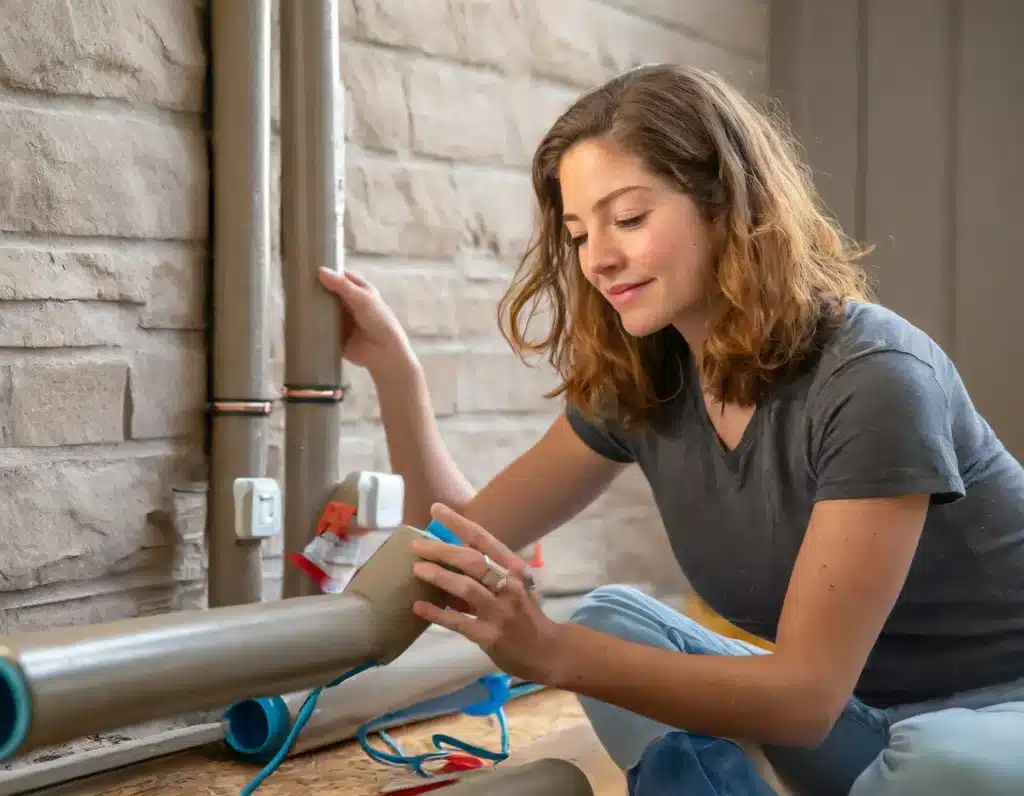 by AdobeFireFly
by AdobeFireFly
One of the best ways to protect your pipes from freezing is to insulate them. This is especially important for pipes that are located in unheated areas of your home, such as the basement, attic, or garage.
You can purchase pipe insulation from your local hardware store and easily install it yourself. Simply wrap the insulation around the pipes and secure it with duct tape. This will help keep the heat in and prevent your pipes from freezing.
Keep Your Home Warm
Another important step in winter pipe protection is to keep your home warm, even when you’re away. Set your thermostat to at least 55 degrees Fahrenheit to ensure that your pipes stay above freezing temperatures.
If you’re planning on being away from home for an extended period, consider setting your thermostat to a slightly higher temperature to provide extra protection for your pipes.
Let Your Faucets Drip
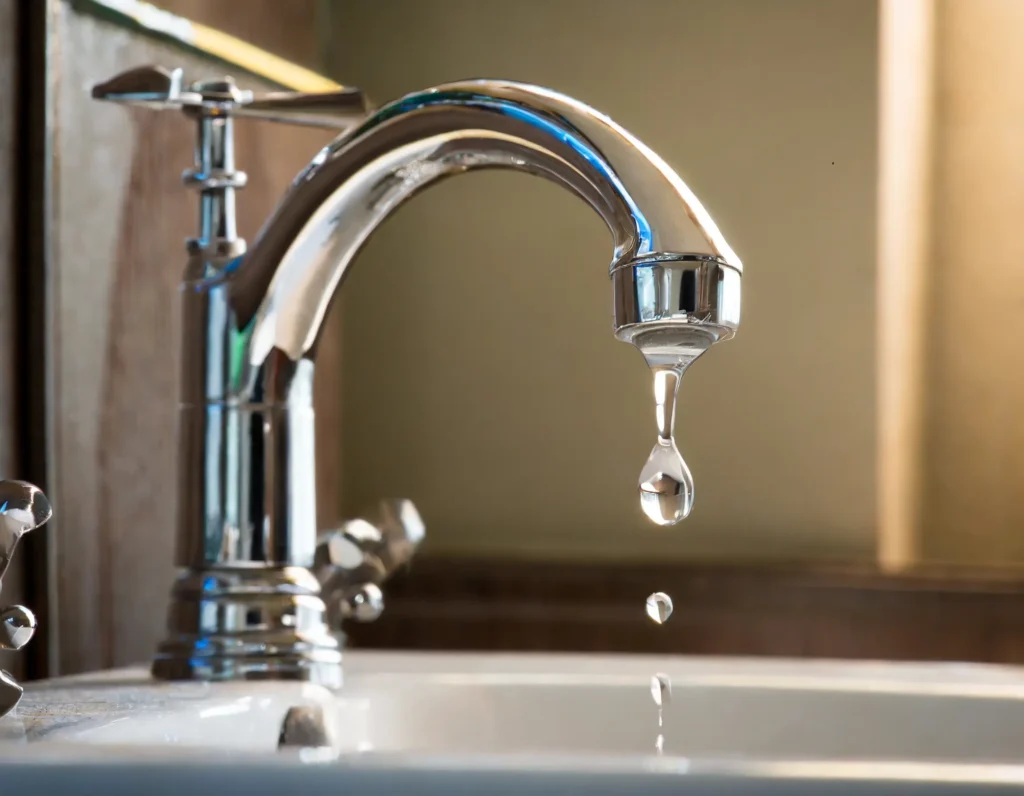 by AdobeFireFly
by AdobeFireFly
When temperatures drop below freezing, it’s a good idea to let your faucets drip. This may seem counterintuitive, but allowing a small amount of water to flow through your pipes can prevent them from freezing.
The constant flow of water helps prevent pressure from building up in your pipes, reducing the risk of them bursting. It’s also a good idea to open cabinet doors under sinks to allow warm air to circulate around the pipes.
Use Pipe Heat Tape
For added protection, you can use pipe heat tape to keep your pipes from freezing. This tape is designed to wrap around your pipes and provide a constant source of heat to prevent freezing.
Be sure to follow the manufacturer’s instructions when using pipe heat tape and never use it on plastic pipes, as it can cause them to melt.
How to Winterize Your Pipes
Winterizing your pipes is an essential step in protecting them from freezing temperatures. Here’s how to properly winterize your pipes:
Shut Off Outdoor Water Sources
 by AdobeFireFly
by AdobeFireFly
Before the first freeze of the season, be sure to shut off and drain any outdoor water sources, such as sprinkler systems and outdoor faucets. This will prevent water from freezing in these pipes and potentially causing damage.
Drain Your Pipes
If you have any pipes that are not in use during the winter, such as a pool or sprinkler system, be sure to drain them completely. This will prevent any remaining water from freezing and causing damage.
Insulate Exposed Pipes
Just like with winter pipe protection, it’s important to insulate any exposed pipes in your home. This includes pipes in the basement, attic, and garage, as well as any pipes that run along exterior walls.
Shut Off Your Water Supply
If you’re planning on being away from home for an extended period during the winter, it’s a good idea to shut off your water supply. This will prevent any water from flowing through your pipes and potentially freezing while you’re away.
Hire a Professional
If you’re unsure about how to properly winterize your pipes, or if you have a complex plumbing system, it’s best to hire a professional. A plumber can ensure that all of your pipes are properly drained and insulated, giving you peace of mind during the winter months.
Common Winter Pipe Protection Mistakes to Avoid
While taking steps to protect your pipes from freezing is important, there are also some common mistakes that homeowners make that can actually do more harm than good. Here are some mistakes to avoid:
Using Space Heaters
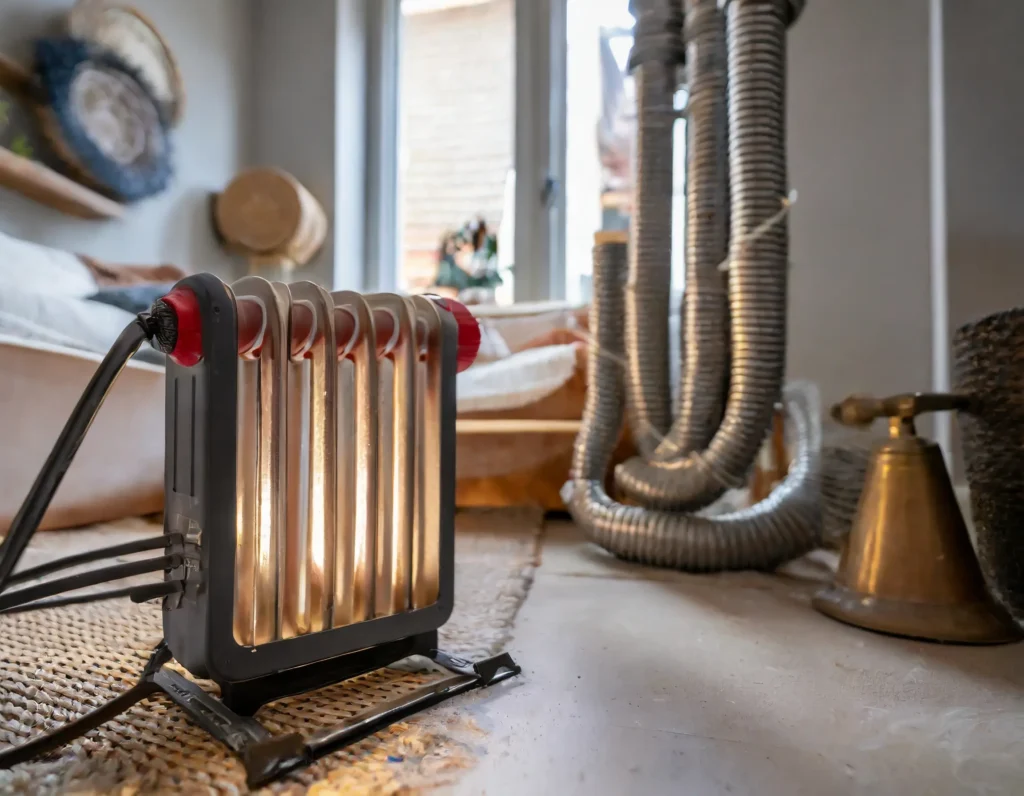 by AdobeFireFly
by AdobeFireFly
While it may seem like a good idea to use a space heater to keep your pipes warm, this can actually be dangerous. Space heaters can easily overheat and cause a fire, so it’s best to stick to other methods of keeping your home warm.
Using a Blowtorch
Some homeowners may be tempted to use a blowtorch to thaw frozen pipes, but this is extremely dangerous and can cause a fire or damage to your pipes. It’s best to use a hairdryer or hot water to thaw frozen pipes.
Ignoring Leaks
If you notice a leak in your pipes, it’s important to address it immediately. Even a small leak can lead to frozen pipes and potentially cause them to burst. If you’re unsure how to fix a leak, it’s best to call a professional plumber.
Winter Pipe Protection for Vacation Homes
If you own a vacation home in Utah, it’s important to take extra precautions to protect your pipes during the winter months. Here are some tips for winter pipe protection for vacation homes:
Keep the Heat On
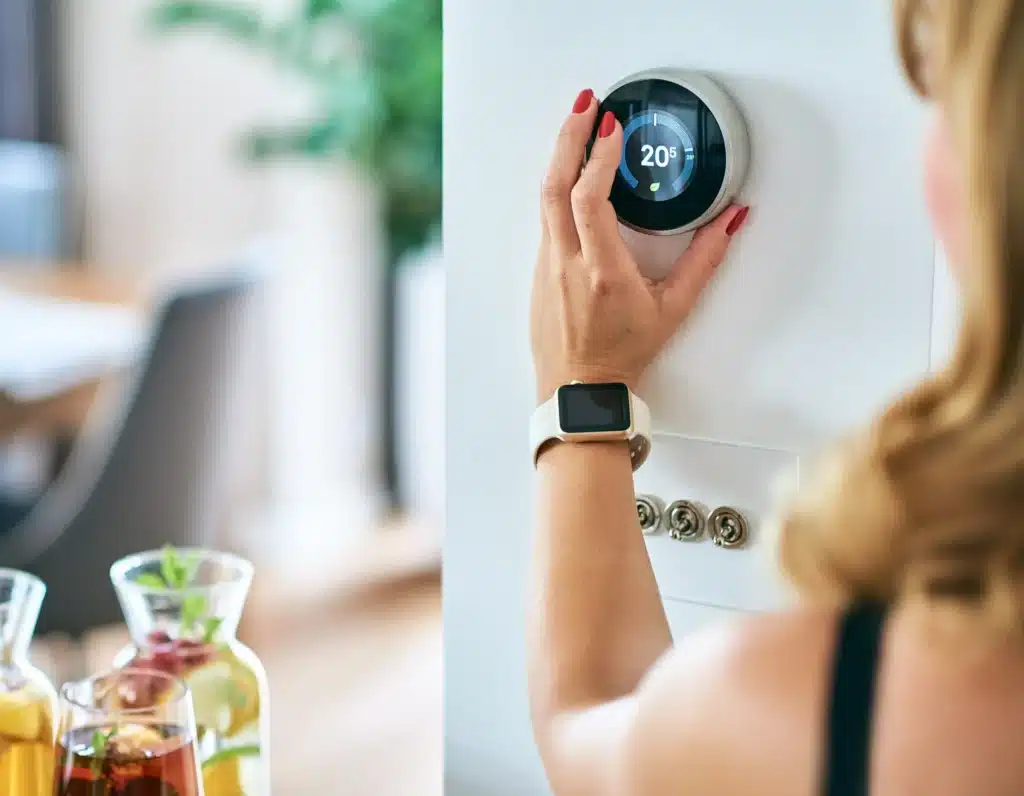 by AdobeFireFly
by AdobeFireFly
Even if you’re not using your vacation home during the winter, it’s important to keep the heat on to prevent your pipes from freezing. Set your thermostat to at least 55 degrees Fahrenheit to ensure that your pipes stay above freezing temperatures.
Shut Off the Water Supply
If you’re not planning on using your vacation home for an extended period, it’s a good idea to shut off the water supply. This will prevent any water from flowing through your pipes and potentially freezing while you’re away.
Hire a Property Manager
If you’re unable to regularly check on your vacation home during the winter, consider hiring a property manager to keep an eye on things. They can check for any potential issues with your pipes and address them before they become a major problem.
Conclusion
Protecting your pipes from Utah’s winter freeze is essential for preventing costly damage to your home. By following these expert tips for winter pipe protection and properly winterizing your pipes, you can ensure that your pipes stay safe and functional during the coldest months of the year. Remember to always consult a professional if you’re unsure about how to properly protect your pipes, and never ignore a leak or attempt to thaw frozen pipes with a blowtorch. With the right precautions, you can enjoy a worry-free winter in your home.
